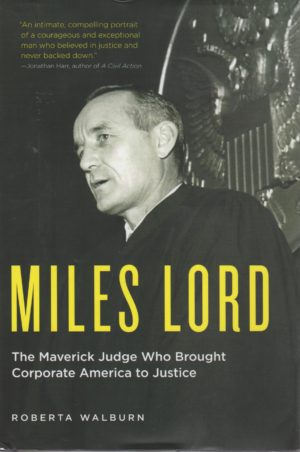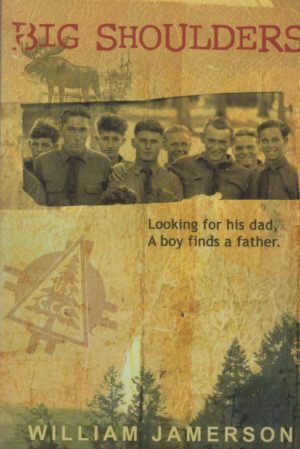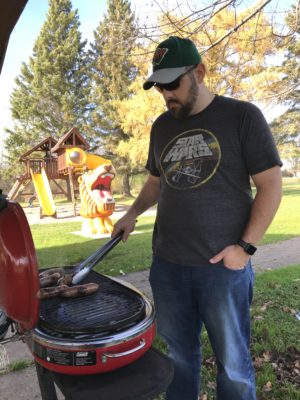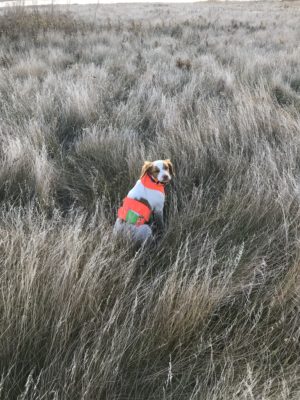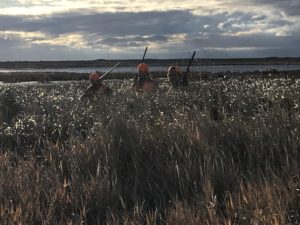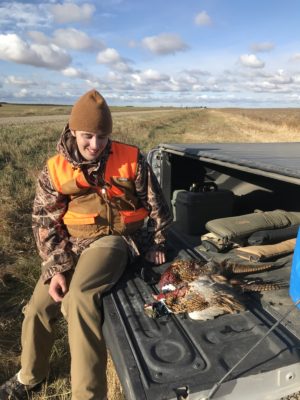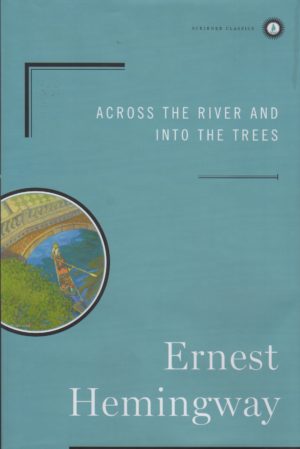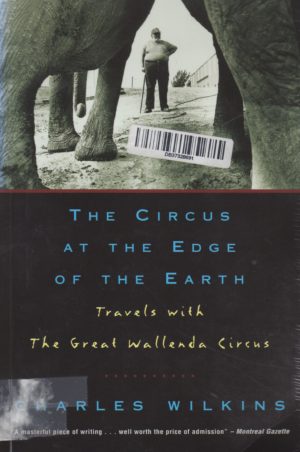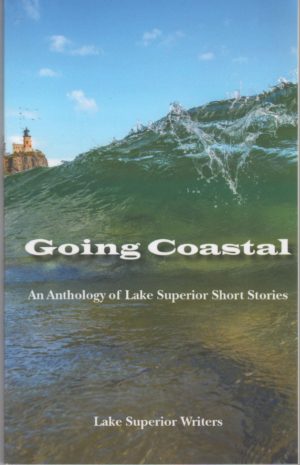“I thought we were going to Scotland,” I complained as my wife showed me a TravelZoo page on the family iMac.
The page wasn’t of some gray and drizzly loch in the highlands but rather, of Villa I Laghi; a villa set in the golden hills and stark light of Tuscany.
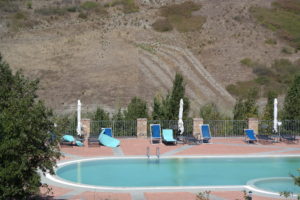
Villa pool in Tuscany
“I want to go to Italy,” Rene’ replied.And that was that.
The trip was solely and wholly an idea conceived and orchestrated by my wife. She celebrated her 60th birthday in June. We celebrated 39 years of marriage in August. She was bound and determined that her longevity and her patience should be rewarded.
Without so much as a peep, I agreed: “Italy it is!”
Because I’d actually been watching flight prices to Scotland, I knew we could drive to Thunder Bay (TB) and fly Air Canada for significantly less than flying out of the Twin Cities. Plus, having flown out of TB on my infamous tour of Independent bookstores to Winnipeg, Saskatoon, and Calgary (please, don’t ask), I knew that TB’s airport had cheap parking and was, like Duluth’s airport, easy to get in and out of. I found tickets from TB to Rome with one stop in Toronto for $400 cheaper than any flight out of Minneapolis. Because Rene’ was booking a villa an hour outside of Florence, we’d need a car. To get from Rome to the villa, I booked a flight on Alitalia and reserved a car at the Florence airport through Sixt. I figured we could drop the rental car at the Florence airport, take a cab to the railway station, and take the bullet train to Rome fro the second part of our journey. All that remained was to lock in a place to stay in Rome. I found decent prices at the Hotel California (“You can check out anytime you like but you can never leave…” is NOT their motto!). I did everything-airplane tickets, car, and Rome hotel stay-on Expedia using my ten year old iMac.
“Do you think we should see if anyone else wants to go with?” Rene’ asked one evening after finalizing our itinerary.
Whoever we approach will have to have the time and the money to say “yes”. We’re two months out so not a lot of our friends can say ‘yes’…”How about the McVeans?” I suggested.
“I’ll ask Nancy.”
A few days later, Nancy and Rene’ were sitting on our sofa, logged into my notebook, trying to book the McVeans on our trip. It took an actual person at Expedia to make it all come together. But our friends were in. And off we went on our excellent Italian adventure.
Rome, Italy. “The website says that the flight to Florence is cancelled,” a young lady, her hair pink, her eyes, nose, and tongue pierced, deadpanned.
We found ourselves stuck at the airport, waiting for an Alitalia jet to Florence. Our flight was scheduled to leave by 3. It was nearly 5:30 by the time the airline confirmed what the bright young lass with the smartphone had already learned via the Interweb. Alitalia handed us vouchers for sandwiches with the promise of a bus ride. No one, least of all the four Americans who’d spent 9 hours on Air Canada jets, was happy that we’d paid good money to go zoom zoom and, through bait and switch, were going to be crammed into a tourist bus for a two hour ride through the dark Italian countryside. But, true world travelers that we are, we didn’t complain.
The Florence airport was deserted when we pulled in seven hours after our flight was due to land. We found the Sixt booth, rented our car ( a Spanish Seat sedan complete with six speed manual), and headed for the villa. I’d insisted on GPS in the Seat. Good thing. It was as dark as the bottom of the sea as we tried to find the village of Montaione (a place which it took Ron and I two weeks to finally pronounce correctly and remember!). Eventually, Rene’ called the folks managing the villa (it was nearly midnight) who came into town, met us, and led us down a lonely dirt road to our digs.

Villa I Laghi
The stay at the Villa I Laghi was exceptional with one caveat: Tuscan mosquitoes are ungodly. They’re nearly invisible but when they latch on, they leave behind nasty welts that itch for days and days. But the pool, the hillside, the morning coffee on the stone patio complete with fresh croissants. Ah. It was like a scene out of Under the Tuscan Sun. Our hosts were kind, considerate, helpful, and made the stay remarkably easy. From our villa, we took in the sights of Montaione, Sienna, Pisa, Marina di Pisa (on the Tyrrhenian Sea) Florence, and the walled fortress town of Monteriggioni. The delights came day after day after day of bright sun, warm breezes, and great pasta and wine. But of all the cathedrals and churches and ruins and buildings we visited, the Duomo di Siena (Sienna Cathedral) in Tuscany was the most striking, most amazing building to my eye. Though, truth be told, sitting in an open-air pizzeria in rural Tuscany, listening to rain beat a cadence on the tin roof while watching young Italians slide pizzas in and out of a woodfired brick oven as lightning lit up the night and thunder boomed across the valley, was nearly as memorable. As was an evening spent in a linen-table-clothed restaurant within the walls of Old Montaione. The four of us toured the bistro’s wine cellar, tried to understand our waiter (whose English matched my Italian), received bags of pasta made by either the waiter’s cousin or nephew (the language thing again), and then sat down to a seven course feast ( I had the lamb: it was out of this world) and several fine bottles of locally crafted wine.

Sienna Duomo
Our time in Tuscany, other than the driver of the Seat (me) burning the clutch on a steep, rainy road coming back from town with groceries, was without any major international incident. Don’t laugh: Given my friend Ron’s penchant for engaging and talking to everyone, including immigrant workers in the eateries and random folks on the street, I figured we were destined for an Italian prison once he said the wrong thing to the wrong person. But he never did.

Ron, Nancy, and Rene’ in Sienna
Rome was busier than the laid back time we spent in Tuscany. The bullet train (which hit a top speed of 165 mph) was the perfect way to travel. We’d taken a local train from Castelfiorentino into Florence (I didn’t want to test my international driving skills in city traffic), which was an easy way to get to town. But that line was diesel and slow and not anything like the state-of-the-art electric wonder that whisked us from Florence to Rome. Once at the Rome station, it was just a short walk with our luggage to the Hotel California. Again, the reviews on Expedia and TripAdvisor were spot on: the place was funky but clean and had a great buffet breakfast, all for a very reasonable price. The blue glazed glass shower sitting in the middle of the room took a little getting used to but, well, when in Rome, do as the Romans do!
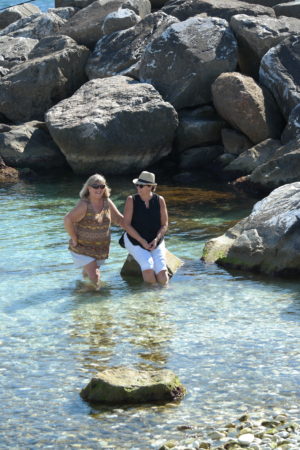
Nancy and Rene’ at the seashore
In our six days in the ancient capital, we saw and did it all: the Vatican Museum, St. Peter’s, the Sistine Chapel, oodles of other museums, Trevi Fountain, the ruins, the Colosseum, Hadrian’s Mausoleum, and many lesser, but equally beautiful cathedrals and churches, the likes of which took your breath away at every turn. What made it all even more real is that, while on the bullet train, I’d finished my last physical book in my backpack, pulled out my phone, opened up the Kindle app, and began reading From Sand and Ash.

St. Peter’s Basilica; Michelangelo’s Pieta
“Hey, “ I said to Rene’ once we arrive in Rome, “this novel…”
“Yes?”
“I loaded it on Kindle because I liked the cover. Turns out, it’s about the Holocaust in Italy. It’s set in Rome and Florence.”
“No kidding.”
I gave the book such glowing reviews, Rene’s book club selected it for this month’s read. Go figure.
Language was never a barrier. Oh, I won’t claim we mastered Italian. Time and time again, when we’d try out a phrase on a waitress, she’d invariably correct our missteps. But kindly and always with a smile. Even a simple, “Grazie” (thanks) usually came out deformed; and Ron’s misuse of “Prego” (you’re welcome) with any number of comely young ladies from all parts of the world has given me an idea as to what Ron will be getting for Christmas. But most Italians readily accommodated our inability to communicate by speaking passable English.

Two Happy Guys
I can’t end this piece without giving you some advice: If you want to see the Vatican, go with a tour. It’s crowded and you don’t want to wait hours to get in. As far as the Colosseum and the forums, you can do those on your own. But, unless Ron is with you, make sure to reserve your tickets online. What’s so special about Ron? Well, you’d never know it from how he plays volleyball, or hockey, or basketball, or works around the house, but he’s missing his left arm. Now, having known the guy for 34 years, I can tell you this: Never once have I ever thought of Ronald McVean as being handicapped. He is one of the most able bodied people I know. But this exchange proves why you need to bring Ron (or your own one armed pal) with you to Rome:
“It’s gonna be a two hour wait to get in,” I moaned as we approached the Colosseum. “The line winds all the way around the place…”
Rene’ bit her lip. “You don’t come all the way to Rome to look at it from outside.”
“I agree,” Nancy said.
“Me too,” Ron agreed.
So, I complied and followed my group begrudgingly towards the entrance.
An Italian in charge of security eyeballed Ron. “You sir, are you with a group?”
“Yes. Four of us.”
The officer looked at Ron’s stub. “Follow me.”
Now whether he thought Ron was an American war hero (doubtful since he served his time in the Air Force away from falling bombs) or, as we seemed to be learning by a sequence of random acts, (Ron was given special privileges on other occasions as well), it’s simply Italian good manners, the four of us went to the head of the line. And, once inside, I have to say: I enjoyed the view immensely!

The Forum, Rome
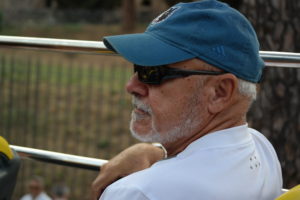
Ronaldo on the tour bus
We ate our last dinner in Rome at another fine restaurant, dining as we nearly always did, under a canopy on the sidewalk, before attending a Vivaldi concert (how can you not take in “the Four Seasons” when Italy?) performed live in a beautiful Anglican church a few blocks from our hotel.
The next morning Ron said goodbye to his new friend from Sri Lanka, an airline pilot Ron had breakfast with most days, exchanging emails and promises to “stay in touch.” We caught a cab to the airport, waited in agonizingly slow lines, and finally, our feet weary but our spirits content, we flew back to Canada, four American friends who’d managed to avoid international incident or embarrassment…mostly.
Pace (Peace in Italian. I looked it up…)
Mark

Art-the Italian Way!
